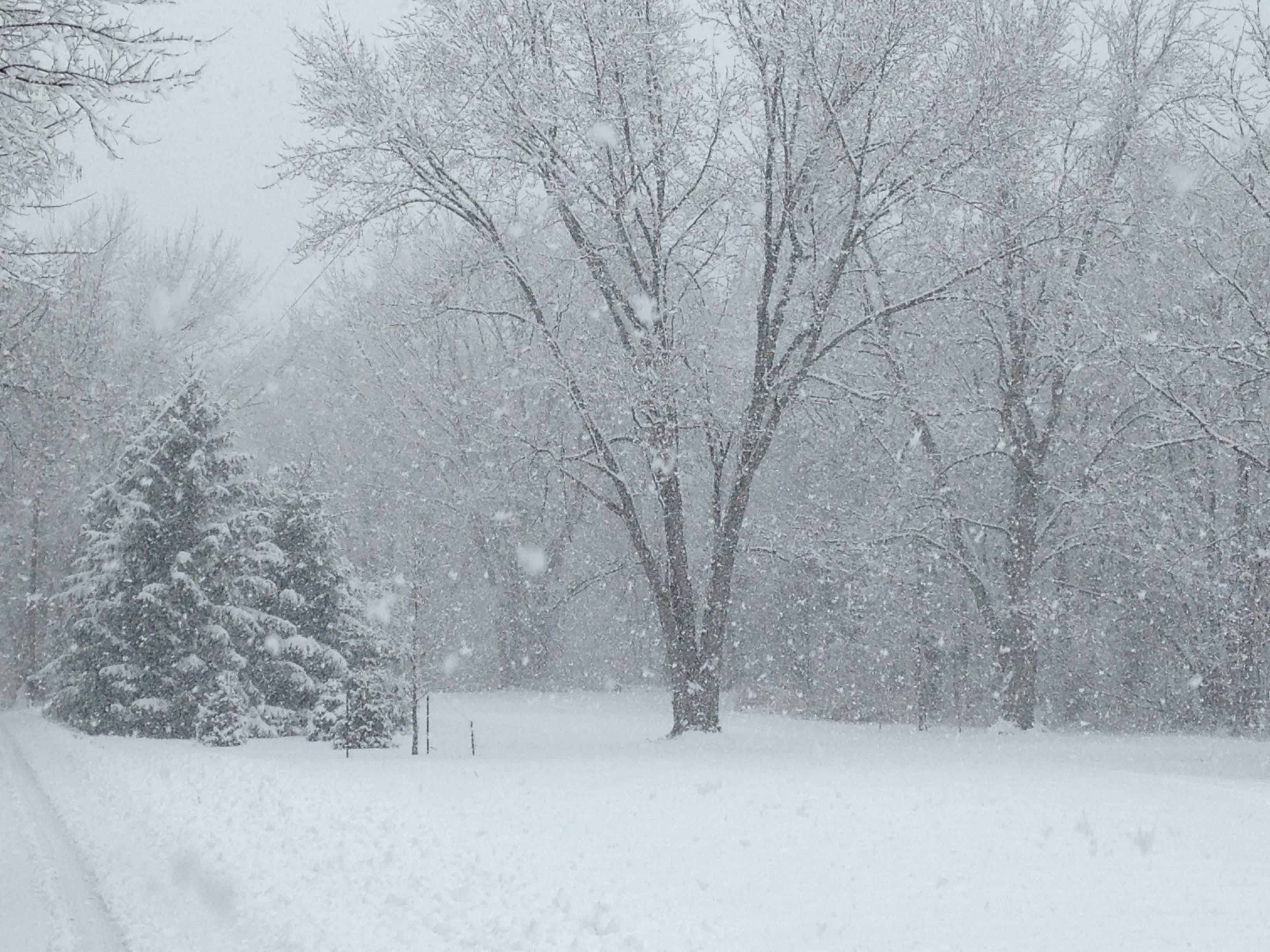This picture was taken on the north side of Indy just this past winter. Knowing we could be heading into the same type of winter, I don’t know about you, but I’m going to make sure my home is ready this year.
My husband’s company, Mister Quik, your local Indianapolis Heating and Cooling experts, has a great list of tips to get your home ready for the winter ahead. In case you’re not sure why you need to winterize your home, check out these benefits: winterizing your home provides you with better comfort, safety and keeps your home running efficiently…which has the added benefit of saving you money!
8 Home Winterizing Tips:
- Furnace Tune-up. Call your local Heating & Cooling company for a pre-season tune-up. They will inspect and clean your furnace. Home comfort systems need annual maintenance in order to run efficiently and reliably (you don’t want your system to fail during a winter storm!) Annual maintenance also provides the overall check-up that can catch potential problems before they occur, saving you time, money and stress later on.
- Insulate your ducts. According to the U.S. Department of Energy, a home with central heating can lose up to 60% of its heated air before that air reaches the vents if ductwork is not well connected and insulated, or if it must travel through unheated spaces. You’re not only wasting money (by heating unnecessary spaces), but you’re also going to have a chilly house!
- Inspect your Roof, Gutters & Downspouts. By adding extra insulation to the attic you’ll prevent warm air from creeping to your roof and causing ice dams. Check flashing to ensure water cannot enter the home. Clean out the gutters and use a hose to spray water down the downspouts to clear away debris. If you notice worn roof shingles or tiles, contact a roofing company to fix. We recommend that you check with neighbors and friends for recommendations on a reputable roofing company.
- Inspect the Exterior, Doors and Windows. Inspect exterior for crevice cracks and exposed entry points around pipes; seal them. Use weatherstripping around doors to prevent cold air from entering the home and caulk windows. Replace cracked glass in windows. Switch out summer screens with glass replacements from storage. If you have storm windows, install them.
- Check Foundations. Rake all debris and vegetation away from the foundation. Seal up entry points to keep small animals from crawling under the house. Seal foundation cracks. Secure crawlspace entrances.
- Prevent Plumbing Freezes. Locate your water main in the event you need to shut it off in an emergency. Drain all garden hoses. Insulate exposed plumbing pipes. A burst pipe caused by a winter freeze is a nightmare. Before freezing nights hit, make certain that the water to your hose bibs is shut off inside your house (via a turnoff valve), and that the lines are drained.
- Prepare Landscaping. Trim trees if branches hang too close to the house or electrical wires. Move sensitive potted plants indoors or to a sheltered area.
- Lastly, check those alarms! This is a great time to check the operation and change the batteries on your home’s smoke detectors. Detectors should be replaced every 10 years, fire officials say. Test them, especially older ones. Check to see that your fire extinguisher is still where it should be, and still works. Also, invest in a carbon-monoxide detector; every home should have at least one.
And remember, should you have any heating, plumbing or electrical emergencies this winter, call Mister Quik. My husband’s company loves helping people! We understand emergencies don’t always happen at a convenient time. That’s why we’re always available when you need us.






